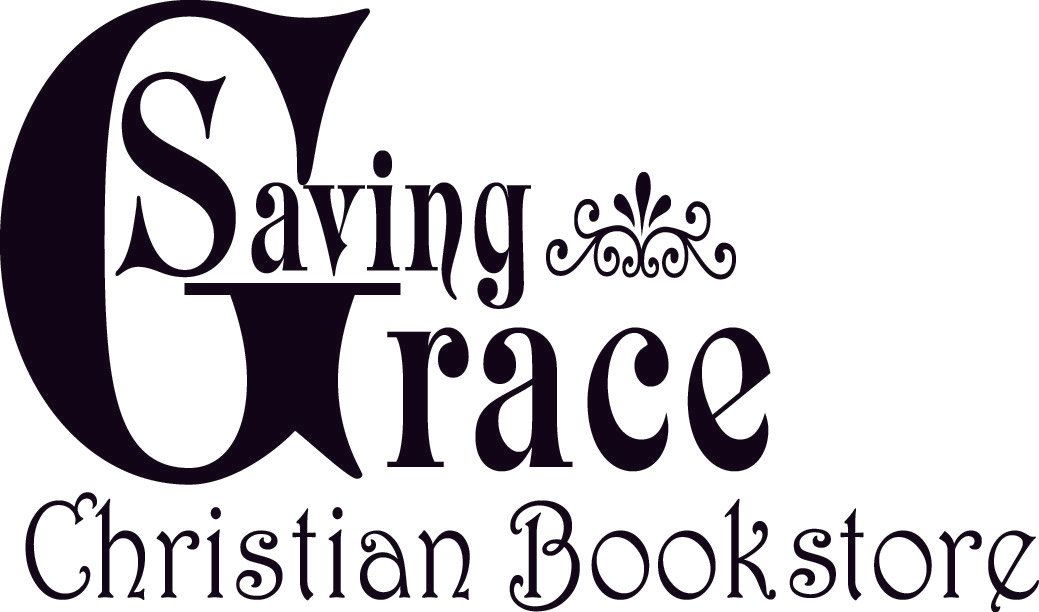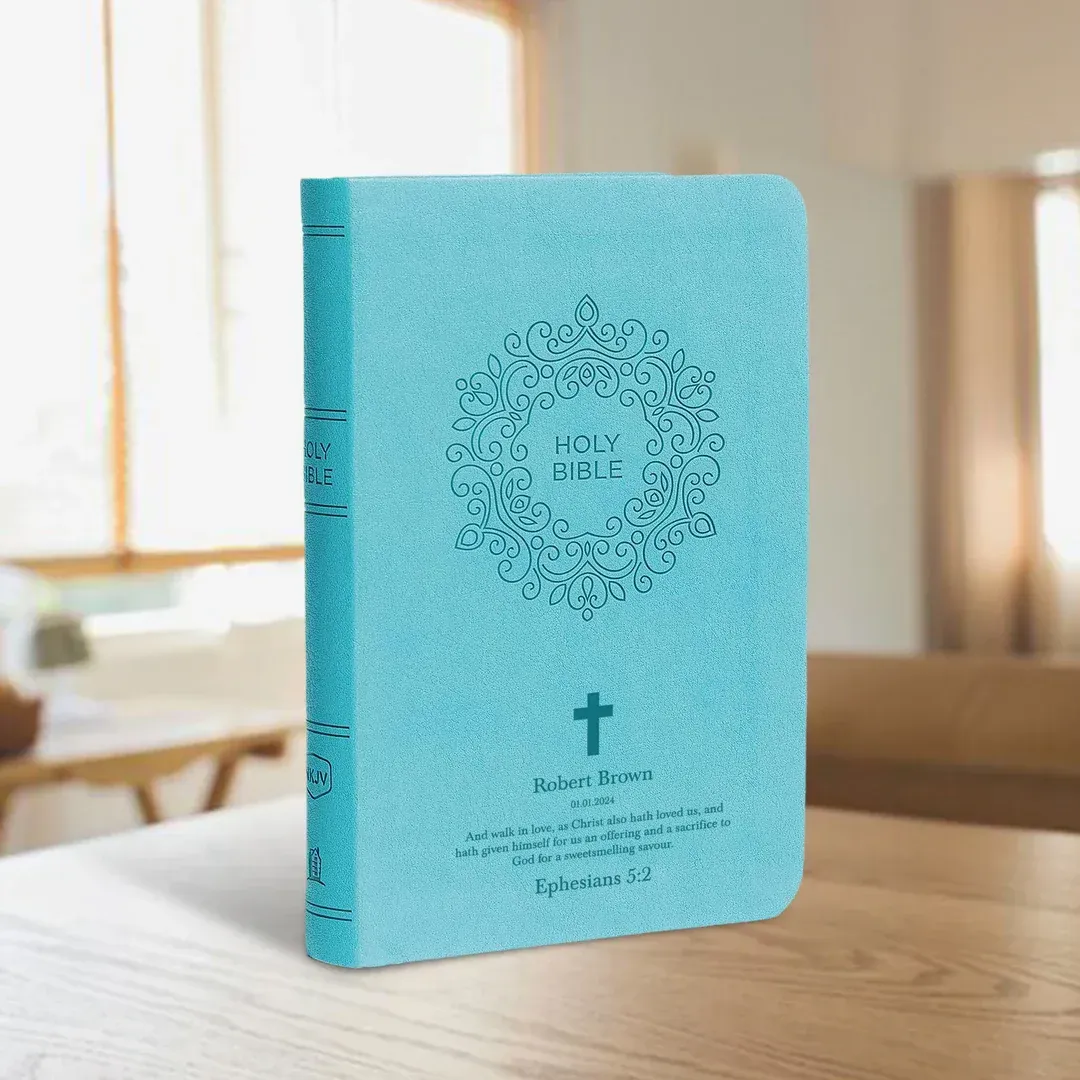
Bible Study and Prayer Guide
In this year 2023, you may want to start with your Bible and prayer journey to start knowing more and building an even stronger relationship with God.
The Bible is the foundation of every Christian’s faith as it contains important moments in history – from the creation to the revelation – that serve as a testament to God’s existence, love, provision, and more. It also contains encouraging Bible verses and promises that allow each one to live through each day and their purpose.
The Bible is divided into two sections: the Old Testament and the New Testament. The Old Testament has 39 books and contains events such as the beginning of the world, Adam and Eve, the flood, and Moses and the Jews. Meanwhile, the New Testament has 27 books that all narrate Jesus’ life here on earth and the founding of Christianity and the church.
With so many books, chapters, and events, how does one go about studying the Bible?
Studying the Bible
The Bible is the Word of God. Hence, Christians should study it to know more about Him and maybe even re-evaluate their prior knowledge of Him. However, many Christians have found Bible study to be quite a challenge. Some attribute it to the difficult-to-understand translation while some simply need help to better understand each context. But whatever reason one may have, the Bible has somewhat become a stranger in the Christian community as some have given up trying to study it on their own and would simply rely on Sunday services or fellowships to learn God’s Word.
This is where Bible study guides, Bible reading plans, Bible study for beginners, Bible commentary, and devotionals come in handy. Moving forward, you’ll learn several tips and strategies for Bible study. This includes choosing the right Bible translation, and how to use Bible study aids. You’ll also find different prayer methods – whether you’re doing a prayer for healing, a prayer for strength, or simply a morning prayer to give thanks – and how to pray consistently.
Bible Study for Beginners
If you’re a beginner when it comes to Bible study, there are several methods on how you can learn the Word of God on your own.
Reading the Bible by Chapters
There are over 1,000 chapters in the Bible. Instead of rushing to cover every one of these chapters, what you could do when reading a Bible is to go through one chapter a day. Not only will you build a Bible study practice but you’ll also be able to better understand and not be too overwhelmed with information.
The first thing you should do is read your chosen Bible chapter carefully. Take note of the main subject and the key points. To do so, you can try making a simple outline and maybe also include in there your thoughts while reading. It could be your realizations, questions, key words, or phrases that you want to further look into.
Encouraging Bible Verses
Each verse in the Bible may contain one meaning or more. One thing you can do is pick encouraging Bible verses you want to study for the week. Choose one for each day and study that Bible verse either through its verbs, significant points, and the general idea revealed in it.
Word Study
- In the Bible, certain words, especially when repeated several times, have special significance. You'll find it enlightening and motivating, for instance, to count the occurrences of the terms "believe" and "belief" throughout the Gospel of John. You may see why Bible scholars assert that John 20:31 expresses the author's intention for the Gospel of John by quickly reading the book and noting every instance where the words "believe" and "belief" appears. You may quickly become familiar with the fundamental beliefs of the Bible and comprehend the great theological truths that the Bible discloses via word study.
Reading the Bible by Books
Once you’ve known how it is to study a Bible by chapters or verses, you can move on to reading a Bible by books.
One method of this type of Bible study is the inductive method, wherein you study the details and draw your general conclusions from them. Another is the synthetic method wherein you read the book several times and receive your general impression from it.
In reading a Bible by books you can also ask yourself several questions like the following:
- What is the central theme of the book?
- How is the theme emphasized and developed?
- Who is the author and what are his circumstances when he was writing the book?
- What does the book tell me about to whom it was written? What are their problems, needs, or circumstances?
- How is the text divided in the book?
- What facts, information, verses, or keywords stand out to you?
Bible Study Topics
You can also study the Bible depending on subjects such as prayers, promises, parables, psalms, and more. The possibilities for Bible subjects are endless. Look up "prayer" or "pray" in your concordance to start your topical study on prayer. Once you have looked up these scriptures, study them, and gather all the instructions on prayer that you can find. Look up every version of these phrases, as well as terms linked to them like "ask" and "intercession." Conditions for prayer, phrases to use during prayer, outcomes to anticipate from prayer, as well as when and where to pray, are all included.
Choosing a Bible Translation
Because the Bible may be utilized in many different ways, there are various translations available. It can be applied to academic research, spiritual usage, teaching, and reading aloud. That said, for personal study, a Bible translation that works well for reading aloud might not be the best. Additionally, there are many different Christian traditions, and you might favor one denomination’s translation over another.
Choose a translation that is appropriate for the way you intend to use it rather than attempting to pick the best one. If you want a study translation, pick one that is suitable for that purpose. Select a version for devotional reading if you want to read it for spiritual purposes. However, for your reference, here are the three most popular Bible translations.
English Standard Version (ESV)
The ESV Bible is a fantastic translation for formal equivalency. In other words, when translated into English, official translations adhere closely to the original Greek and Hebrew copy. It is a word-for-word, literal approach. So, for Bible study, this translation is highly recommended.
Christian Standard Bible (CSB)
The CSB Bible translation is halfway between a formal and a functional translation. It's excellent for reading, but it's also a good tool for learning.
New Living Translation (NLT)
Of the three, the NLT Bible translation may be the simplest to read. It takes the text of the Bible and delivers it in a way that readers of contemporary English may readily comprehend.
Visit the Saving Grace Christian Bookstore in Middletown, Delaware. We have different kinds of Bible translations available such as the KJV Study Bible, Women’s bible, NLT Bibles, Children’s Bible, NIV Study Bible, NASB Study Bibles, Men’s Devotional Bibles, Bible Study Guides, and more. You could also ask any of our staff to recommend which one they think would be a good fit for your Bible study journey.
How to Use Bible Study Aids
Several tools could aid you in Bible study and learning the Word. Here are a few and how to use them:
Bible Dictionary
It is essential to use a Bible dictionary to ensure that you comprehend what you are reading. Use it to look up terms to help you comprehend a paragraph, just like you would with a standard English dictionary. Write down the definitions on the pages of your Bible that you have annotated.
Concordance
To find certain passages in the Bible, concordance is helpful. You may frequently discover what you're looking for if you can recall only one word from a verse. This is because a concordance contains an alphabetical list of Bible words as well as the key passages where each word is used.
For instance, the NIV Study Bible's concordance places references to Exodus 15:3, 1 Chronicles 28:3, and Proverbs 16:32 under the term "warrior." Each reference has a brief quotation from the passage where the term is used.
Bible Commentary
There are two types of Bible commentary: book-specific and volumes covering the entire Bible. A wise strategy is to start with a solid, comprehensive Bible commentary and then gradually add volumes for each book.
Although seeking the opinion of trusted professionals is a great help, there is more benefit in trying to find the answer on your own. To begin, read the Bible and the paragraph that keeps getting you stuck. For perspective, read the chapter or book in its entirety, verify various translations, use a dictionary to help you define words, do cross-referencing, and pray. And, after you've done the research, consider the opinions of respected professionals.
Aside from using these Bible study aids, you could also join your local Bible study group. That way, you’ll be in fellowship with other Christians and would be able to know understandings different from your own which could also enlighten you.
Order your Bible aids at the Saving Grace Christian Bookstore in Middletown, Delaware. We have Bible dictionaries, Bibles with concordance, physical copies of Bible commentaries, Bible atlas, and more.
Prayer
Prayer is something that’ll aid you in your Bible study. When you ask God for help in learning His Word, He is sure to guide you and enlighten you as you do so. But you may ask, is there a particular way to pray to God?
A Christian prayer method is how you approach prayer. Whether you're seeking solitary time, group prayer, or healing prayers, there are many options available, and each one has merits of its own. You must choose what will enable you to grow most in your relationship with the Lord.

Prayer Methods
There are various ways of prayer. Here are several methods of prayer that might help you develop a closer relationship with God. Even though there are no set rules for how to pray, following some models might help you get better at communicating with God.
ACTS
One technique to pray is to use the acronym ACTS—Adoration, Confession, Thanksgiving, and Supplication. Adoration involves praising God for who He is, Confession involves being humble before Him and acknowledging your sins, Thanksgiving means expressing your thanks for what God has done in your life, and Supplication involves asking God for provision for your needs and others.
Personalize
Placing yourself or another person within the context of the scripture is one method to connect with it when we are in a state of prayer. For instance, you want to be more loving. You might pray into 1 Corinthians 13 and substitute your name for the word "love" to better understand what love is.
Scripture
Praying a verse over yourself, your circumstances, or other people may be an effective method if you are having trouble understanding how a verse applies to your life.
Prompts
Write down your prayers in a prayer journal or on a blank piece of paper that you can find. A different feeling arises from being able to view the object of your prayers. It aids you in thinking more clearly and even in identifying the cause of the issue so that you may better direct your prayers toward it.
Song
Both praying the song's words and praying as you worship to it are examples of prayer via music and worship.
How to Pray Consistently
Christians are called to prayer, yet life is so hectic. There are many challenges to maintaining a regular prayer practice, especially when interruptions happen and schedules change. Here are some suggestions that can assist you in your prayer life because the more we converse with God, the more effectively we can share His message with others.
Ask God’s Aid
Ask God to assist you in scheduling your regular prayer time. Although it may seem easy, this truly works. The Lord will assist you when you approach Him because He offers insight to those who ask (James 1:5).
Mark it on your Calendar
Schedule a time for prayer. In your calendar, add a repeating event. You can also approach prayer as a crucial appointment or meeting (which it is). You'll be far more likely to maintain it if you do it this way. Even if you won't always remember to pray, if it's on your schedule, you'll be far more likely to do so.
List your prayers
Making a list of the people, places, or concerns that God has put on our hearts helps us stay consistent in prayer. A prayer list can help us concentrate and make it simpler to get started—and be consistent—while we wait for the answer to arrive.
Be Consistent
Building a prayer habit takes time. Be persistent and "don't scorn the day of modest beginnings" since it takes time for any new habit to take root (Zechariah 4:10). Why not invite a friend or more experienced Christian to hold you responsible for your schedule if it would assist you to be more consistent in prayer? They could also give suggestions for improving your prayer life.
Final Word
Start your 2023 right by visiting Saving Grace Christian Bookstore in Middletown, Delaware. Purchase a new Bible for the year with a translation that can effectively aid you in Bible study. You could also order Bible study aids to help you better learn. Afterward, look back on the Bible study and prayer tips that we’ve shared in this article to help keep you grounded on your journey to know more and establish a stronger relationship with God.









